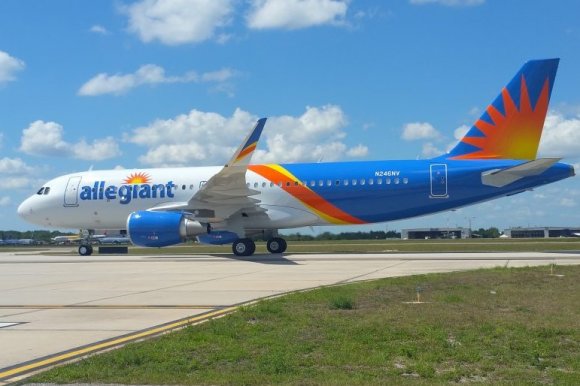US DOT to allow ULCCs and leisure carriers to operate summer or winter schedules

The revision helps carriers with seasonal demand profiles seeking government aid during COVID-19 pandemic.
The US Department of Transportation has made a significant revision to its continuation of service obligation under the Coronavirus Aid, Relief, and Economic Security (CARES) Act, allowing airlines with heavy seasonal demand profiles the flexibility to choose whether to operate their summer or winter schedules.
DOT had previously stated that carriers receiving aid under Congress’ Cares Act would be required to maintain minimum levels of service to “all points” in their networks prior to March 1. The mandate extends until Sept. 30.
But ULCCs and leisure carriers with heavy seasonal demand profiles operate significantly different networks in the winter and summer seasons—winter services are largely focused on flights from cold weather to warm weather locations while summer services are generally focused on flights to high-demand markets.
A trade group representing leisure airlines and ULCCs such as Allegiant Air and Sun County Airlines said the continuation of service obligation for carriers receiving federal aid unfairly discriminated against airlines that fly different routes at different times of the year.
In comments submitted to the DOT, the National Air Carrier Association (NACA) said the order would unfairly penalize low-cost and leisure carriers as it requires them to essentially continue flying their winter schedules through the peak summer season.
“By not taking into account the seasonality of air service provided by a large number of air carriers, including ULCCs, the obligation effectively would require carriers to maintain a schedule developed for the peak winter travel season into the spring travel season and beyond,” NACA wrote.
In issuing a final order on April 7, the DOT said it “recognizes the significant operational and financial challenges that would be imposed on carriers operating seasonal services should they be required to operate them year-round,” adding: “The department is therefore modifying its tentative findings in the following way. Given that the service obligation will be in place for at least the upcoming summer, the department will allow covered carriers to choose whether to continue to provide seasonal services to the points it served in the winter schedule 2020 or the summer schedule 2019.”
